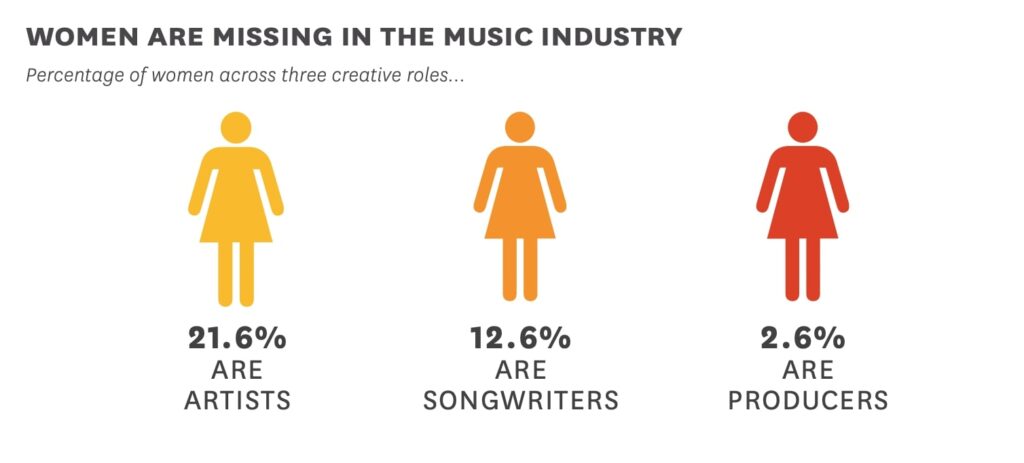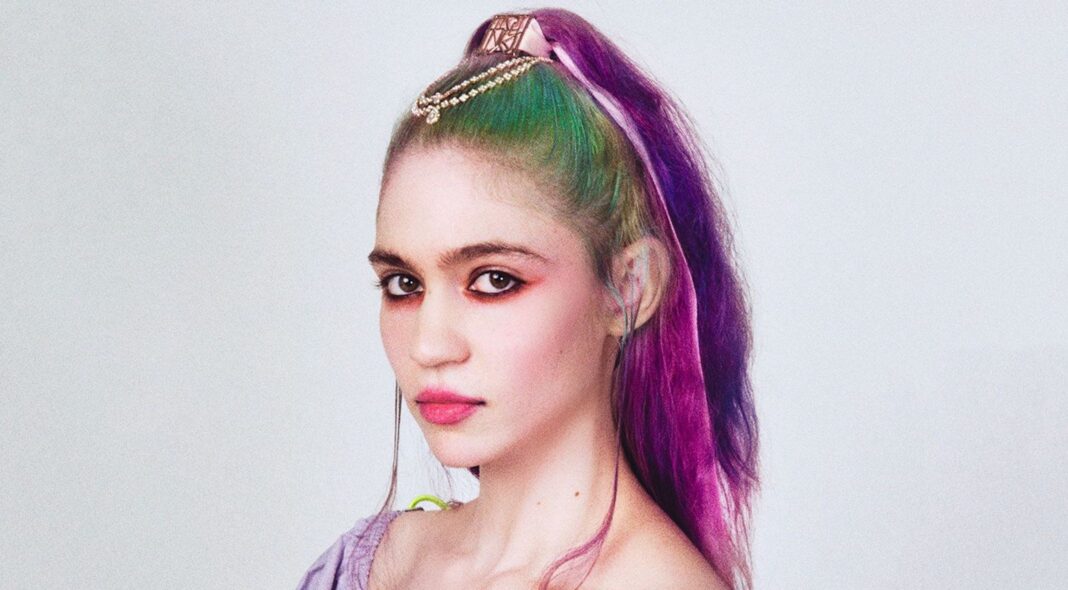The 2021 edition of an annual study has analysed how inclusive recording studios and the music industry at large are for women.
The fourth edition of the USC Annenberg Inclusion Initiative’s Inclusion In The Recording Studio? was authored by Dr. Stacy L. Smith and was funded by Spotify. It looked at the gender and race or ethnicity of all artists, songwriters and producers who were featured on the Billboard Hot 100 year-end charts.
It also looked at Grammy nominations in the categories of Record Of The Year, Song Of The Year, Album Of The Year, Producer Of The Year and Best New Artist.
According to the report, women made up 20.2 percent of all artists on the Hot 100 chart last year, with nearly a third of that figure representing solo acts. In terms of songwriters, only 12.9 percent were women – a drop on 2019’s 14.4 percent. In 2020, 65 percent of songs did not feature any work by female songwriters.
In the production side, the numbers were even lower, with only 2 percent of production credits from songs on the Hot 100 in 2020 belonging to women.
Underrepresented racial and ethnic groups fared better, with them making up 59 percent of all artists on the US charts in 2020. Female artists in those groups made up 45.1 percent.
In terms of the Grammys, 28.1 percent of the 2021 nominees are women – representing a year-on-year increase. Women of colour have made up 38.5 percent of the nominees since 2012, however the study found they were less likely to be nominated than a white woman.

Smith said of the report: “It is International Women’s Day everywhere, except for women in music, where women’s voices remain muted. While women of colour comprised almost half of all women artists in the nine years examined, there is more work needed to reach inclusion in this business.”
She continued: “Only 5 percent of the songs in our sample spanning nine years of popular music had a woman producer. Harnessing the opportunity to showcase women’s talent and their creative contributions is essential if the record business wants to reach equality.”
Spotify’s chief content and advertising officer Dawn Ostroff added: “The work that Dr. Stacy Smith and her team have done with the USC Annenberg Inclusion Initiative has been instrumental in broadening the conversations around gender equity issues. While there is still more work to be done in this area, we are proud to support creating change within the music industry.”
You can read the Inclusion In The Recording Studio? report in full here.


